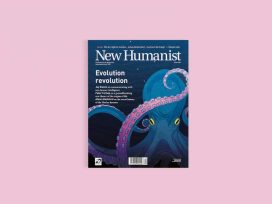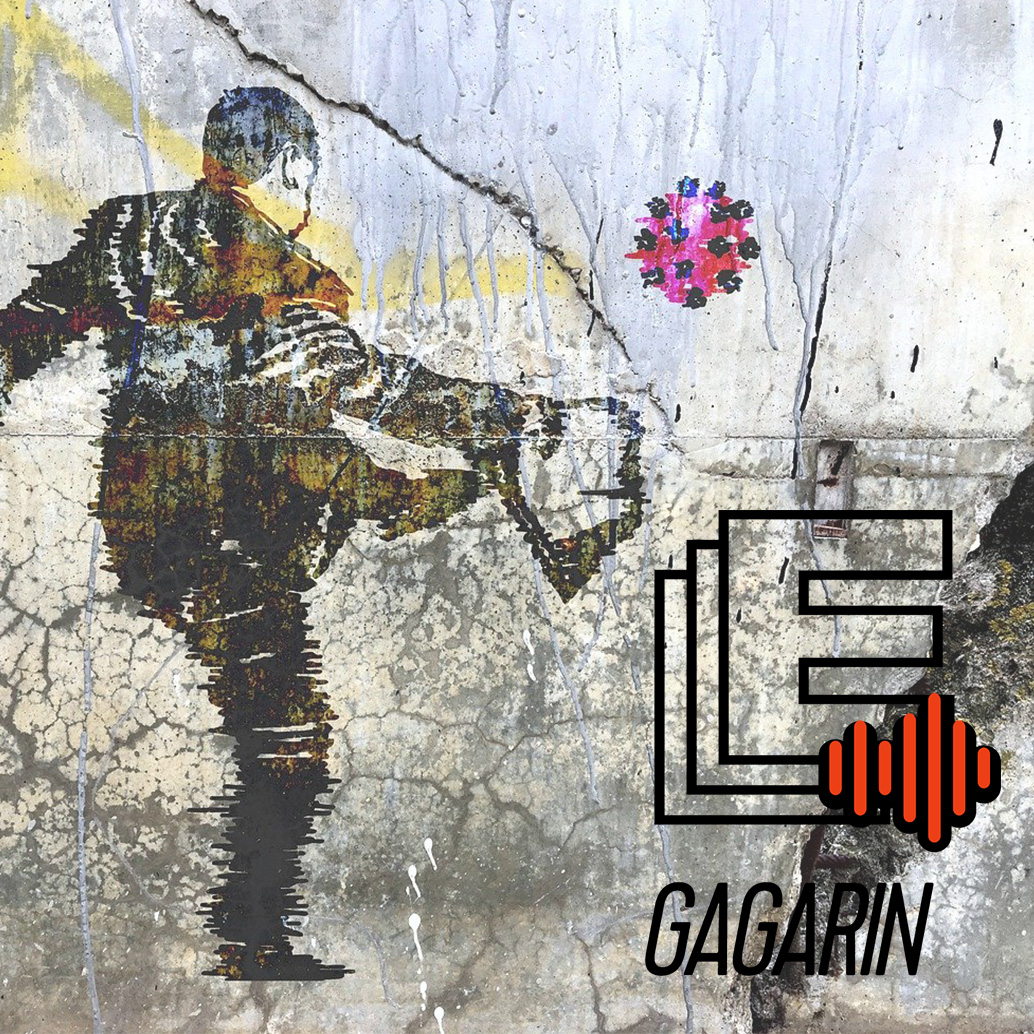Learning to live with the madness
Distrust in authority is the fundamental reason for low vaccination rates across eastern Europe. But we shouldn’t think of anti-science as the expression of mere ignorance, nor primarily as a grass-roots movement.
Rejecting science is not so much a grass-roots movement, says Péter Krekó, as it is a position based on political affiliation. While acknowledging that the excessive mystification of scholarly knowledge and the natural sciences can harm the democratization of these fields, Krekó argues that tackling anti-science requires investigation too. Perhaps disinformation and junk science cannot be eradicated, but critical skills can help navigate an accelerated digital media environment.
This episode of Gagarin is also available as an extended version with bonus material for Eurozine patrons. In the full conversation, we look into what effect vaccine debates will have on the upcoming Hungarian elections, and whether there is an antidote to junk science and bogus commercial undertakings.
Péter Krekó is director of the Budapest-based think tank Political Capital Institute, Hungary. He is also a former Europe’s Futures Fellow of Eurozine’s long-time collaborator, the Institute for Human Sciences, Vienna. He has written extensively for Eurozine on conspiracy theories and disinformation, and their implications for the pandemic.
Find Péter Krekó’s latest article, ‘Mutations of science in the pandemic in Eurozine, along with his previous articles dealing with disinformation, social psychology and more.
Please subscribe to the podcast and leave a review so more people can find us. You can also subscribe to our newsletter, so you’ll always know what’s worth thinking about.
Published 11 February 2022
Original in English
In collaboration with
In focal points
Newsletter
Subscribe to know what’s worth thinking about.
Related Articles

Decolonizing the future
New Humanist 4/2022
What it means to be a good ancestor; why intelligence is more-than-human; and how the Huxleys combined agnosticism with transcendence.

The planet, as authoritarian capitalism’s plaything, is subject to real-world economic-ecological downward spirals. And yet exorbitant space exploration projects continue to build escapist dreams on extractivism. And the threat of nuclear war continues to push at the limits of tenuous environmental stability.







